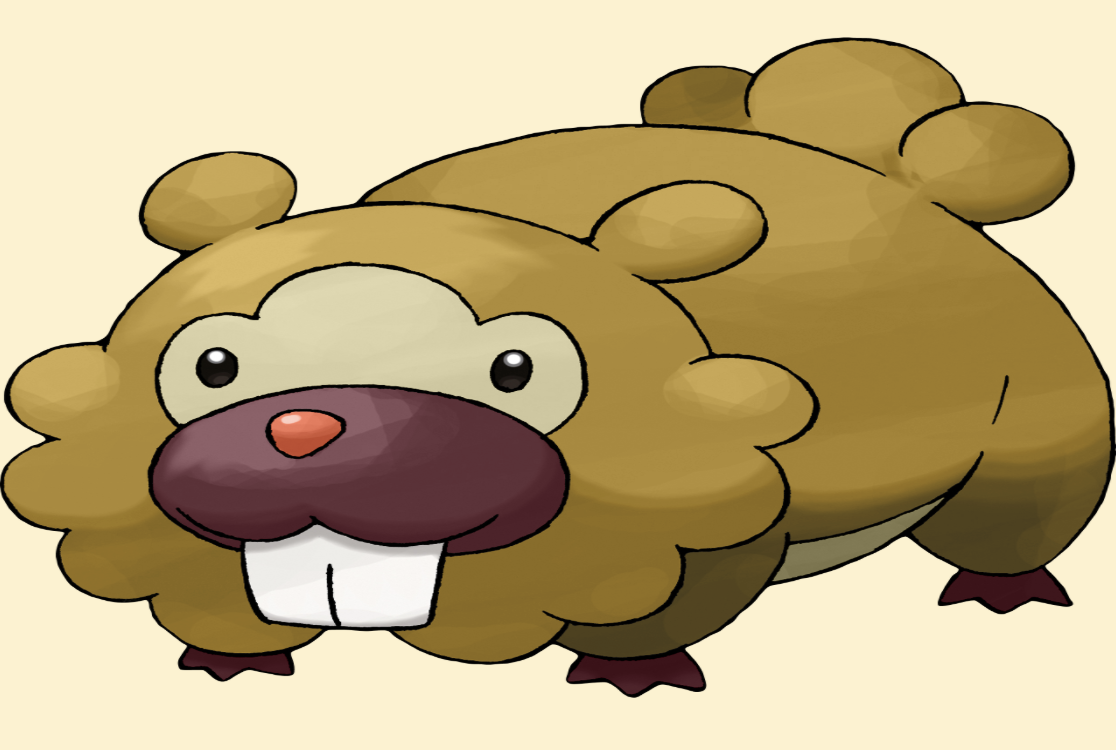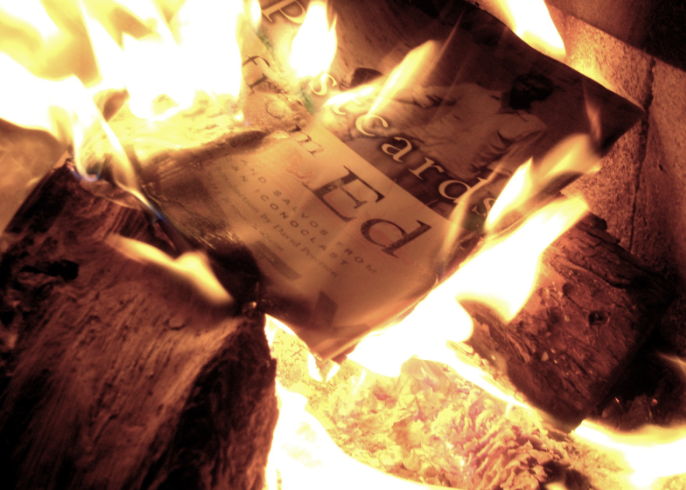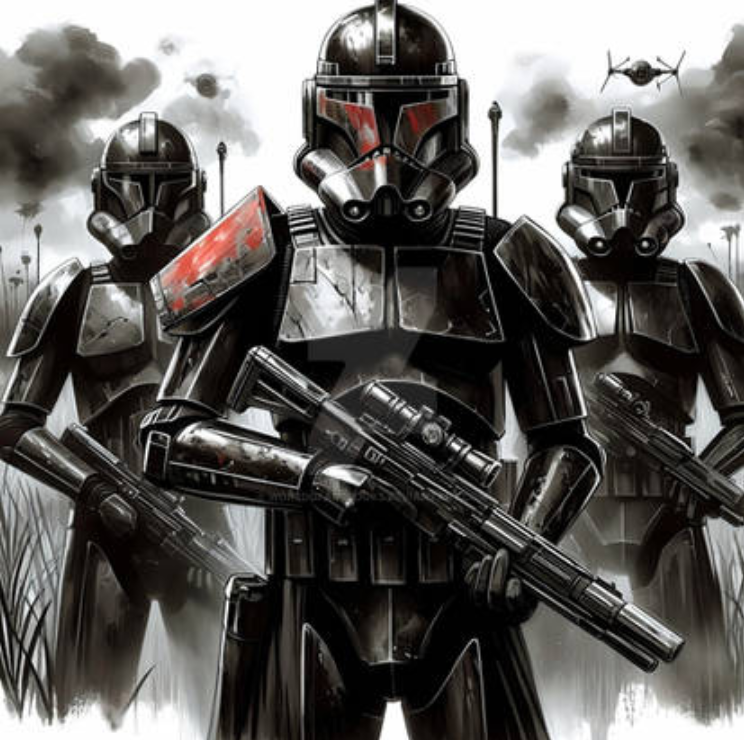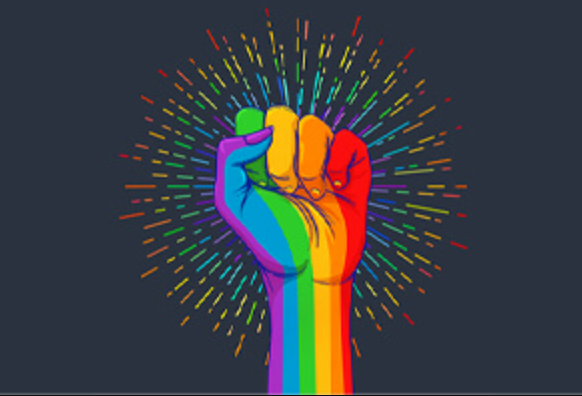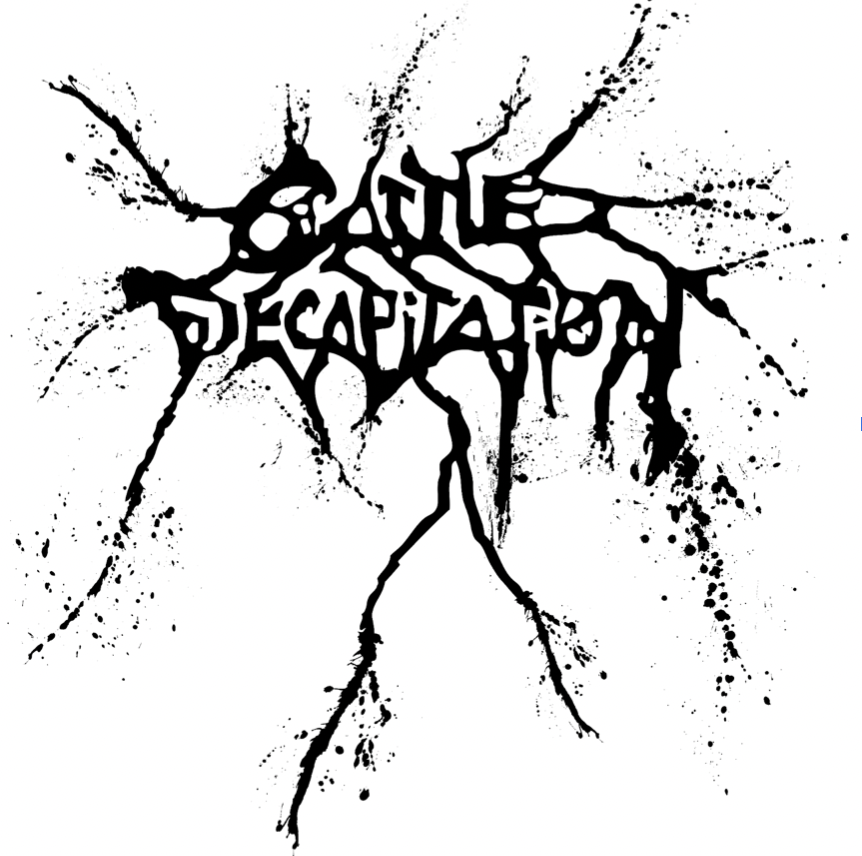I’m sorry I lied, Ms. Banga.
Back in 9th-grade honors literature, when we were first learning poetic scansion, the stress pattern in a poem, I made the following comment to Ms. Banga:
“Death metal is just spondee, lol.”
At the time, I thought I was making a sensible joke, referring to the fact that death metal seemingly only uses stressed syllables with nothing unstressed (a “spondee” pattern). However, I could not have been more wrong. That year, I began to delve into the depths that is death metal. Soon after, I realized that not only did death metal lyrics have proper scansion, but it also has more analyzable content than I could have ever imagined. Most people believe death metal to just be about growling and gore; however, that is far from the truth. In reality, a large percentage of death metal is concerned about the broader scope of problems in society, and many bands express these ideas in a lyrical format that most people often ignore and see as meaningless junk (though I can’t say I blame them). As such, I have formed a poetic and literary analysis of the song “The Storm Upstairs” by American death metal band Cattle Decapitation, released in their latest album “Terrasite”.
But first, a preface: Cattle Decapitation is a band whose members are anti-natalist (against having children) and vegetarian, often expressing ideas that emphasize animal rights more so than human rights. In fact, they have often expressed disdain towards the continuance of the human race in their lyrics (e.g. “We deserve everything that’s coming, we took this world to our graves” from the song “Death Atlas”). This song is no different. Despite this song’s lyrics’ heavy allusion to suicide, this song is NOT promoting or advocating for suicide in any way. Keep that in mind, as it will be especially clear near the end of the analysis.
Trigger warning (TW): Suicide. Do note that this article is NOT promoting suicide or self-harm of any form. It is merely meant as an analysis of a song’s lyrics. If you are experiencing any thoughts of self-harm, please contact the National Suicide Hotline by calling 988 or by using the number on the back of your student ID.
The song starts in a trochaic octameter. A trochaic meter is a pattern starting with a stressed syllable followed by an unstressed syllable; octameter means that this pattern repeats a total of eight times per line, hence “octa”. A stressed syllable is labeled with a “/”, while an unstressed syllable is labeled with a “U”.
/ U / U / U / / U / U / U / U /
What a time to be alive when you realize life’s what you despise
/ U / U / U / / U / U / U /
It was never beautiful, it was never suitable
/ U / U / U / U / U / / U / U U / U /
For a soul to manifest as physical, engineered to be cynical
Starting strong, Cattle Decapitation clearly expresses the desire to die. The start of the first line, “What a time to be alive,” is plainly sarcasm that is further emphasized with a clear description of depression ending the line. It sets a pessimistic atmosphere throughout the rest of the song. The line is followed by parallelism describing the awful state of life that the protagonist sees, exemplifying the depressive ambiance. Finally, the stanza ends with enjambment, leaving the rest of the sentence to the third line, which describes how the protagonist cannot understand how we, as humans, exist in the first place, let alone be hard-wired to act in horrible ways that would ultimately lead to depression and sadness. The most impressive part of this section is that it manages to use scansion in a way that is more consistent than most poets to date, and also starts the song off on a strong note, literally.
U U / / U / / U / U
An intense longing for euthanasia
U / U / U U U / U / U
An exploration of misanthropia
U / U / U U / /
A worship of the disturbed mind
U / / U U / U /
The new baseline of humankind
U / U / U / U / U /
With all life’s pleasures at our fingertips
U / U / U / U / U /
We’re hoarding treasures on this sinking ship
The following verse changes from trochaic octameter to iambic pentameter, taking notes straight from Shakespeare. An iambic pentameter pattern starts with an unstressed syllable followed by a stressed syllable for a total of five (“penta”) times. It was also often used by Shakespeare in his poetry. The vast majority of the rest of the song will be using iambic meter with very few exceptions unless there is a clear shift in the song itself. This stanza’s first line has a more ambiguous meter, since it serves as a transition between the trochaic and iambic meters. The lyrical content itself is also noteworthy. The first three lines of this stanza use parallelism to emphasize the hatred of existing and existence itself, as well as the acceptance of the insanity of these thoughts. The last three lines of this stanza are different metaphors to describe the human condition. The first describes the overall view of how standards are worsening for the human race, and how humanity has only gone downhill in recent years. The second describes the individual view about how ironic it is to be able to access cheap and easy entertainment, yet also be depressed and unwilling to live at the same time. The last line combines the two viewpoints to provide an overall perspective of how individuals who only care for themselves are harming the entire human race and ignoring their self-fulfilling extinction, as if “hoarding treasures on [a] sinking ship”.
U / U /
I’ll lie in wait
U / U / U / U / U / U / U U /
I’ll die with hatred in my heart as we were doomed from the start
U / U U / U U / U / U / U / U
Your selfish intentions, your children merely a collection
U U U / / U / U U / U
In a grotesque act of abject subjection
Once again, we return to the mind of the protagonist who decides that dying is better than continuing to live in such a terrible world. They are perpetually angry at the world for being such a horrendous place, arguing how people’s selfishness has guaranteed the ruination of the entire world. An example brought up is how many people only see their children as trophies to show off, while the children are left to suffer under the high expectations and unloving care of the parents. Many people can most likely relate to this real problem, yet it is often overlooked in the modern day. Overall, this stanza was much shorter and more direct in content and analysis. In terms of scansion, the use of the iambic meter is extremely clear, especially in the first two lines. Over time, although the consistency is lower quality, the melody of the song itself makes up for more of it as the lyrics are clear and the iambic meter is presented more strongly when listening to the song itself.
/ U / U / U / U /
What a time it is to be alive
U / U / U / U / U /
To live a selfish life, to want to die
U / U / U / U / U
Since fairness can’t exist in nature
U / U / U / U / U
Death rides in as our only savior
The next stanza starts by repeating the verbal irony presented in the very first line of the song. Because the song starts in trochaic meter, this line must use the trochaic meter as well; however, because this specific line ends with a stressed note, it flows smoothly into the next line, which uses iambic pentameter and starts with an unstressed note. The lyrics themselves are also tightly packed with information. Parallelism is used in the second line to draw a parallel between the continued selfishness of a large percentage of people and the eventual death of the human race that is caused by the perpetual spread of selfishness. To put it simply, because the selfishness of individuals guarantees this doom, they “want to die”. Afterward, it is noted that the perpetuated selfishness results in massive inequity between people. The theme of inequity is also heavily implied throughout the song, being the result of selfishness and the cause of suicide and abuse. The last line of the stanza highlights this fact by presenting death as a white knight in this situation; after all, everyone is equal in death. This idea has actually been explored more in the band’s second to last album “Death Atlas”, especially in the song “Time’s Cruel Curtain”, where it was revealed that although death does knock those who are greedy and selfish down a peg, it also punishes those who are selfless and kind all the same. Ultimately, death may be completely fair and equal, but nonetheless, death is still death, meaning the only solution to inequality is still a terrible one.
/ U / U / U /
From this flesh, a life depressed
/ U / U / U/U/
Living death spirituality
/ U / U / U / U /
Lust for life now just disintegrates
/ U / U / U /U/
Kill this warm corporeality
/ U / U / U / U / U / U U / / U /
When the gift of life is soured by the strife that begins with the dawn
/ U / U / U /
And extinguished by the night
Aside from the meter, the most obvious change you would most likely notice when listening to this song is the change in voice. During this section, vocalist Travis Ryan of Cattle Decapitation switches from a low growling vocal tone to a hoarse, screeching one. This has also resulted in a change from iambic to trochaic meter, being one of the few exceptions to the iambic rule. This change in meter represents the shift from the physical world to the metaphysical one, as the content also switches from concrete and materialistic hatred to a spiritual and hypothetical description of dying. It describes leaving life and body behind as if receiving freedom from depression. It also alludes to the entrance to the afterlife in this process. As “lust for life now […] disintegrates,” it’s as if the main character is contemplating between life and death; however, a strong case is made for death, especially as their life has already been very depressing, and the protagonist’s will to live slowly decays. Furthermore, in the last lines of the stanza, the idea of a depressing human condition is once again highlighted. It demonstrates how life, since “the dawn” of one’s birth, is “soured by the strife” despite supposedly being a “gift”. It contrasts the conventional view of life being a miracle and something to be appreciated with the horrible reality of what it feels like to actually live, or at least in the eyes of the protagonist. Life is eventually “extinguished by the night”, a clear metaphor for dying being the only solution to this problem.
/ U / U / U /
Execrate this energy
U / U U / U /
The poison that flows through me
U / U / U
This bastard sanguine
The stanza starts with a trochaic meter, once again acting as a smoother transition between the previous stanza and the return to the iambic meter. It works in the same way as the fourth stanza, with a stressed syllable at the end of the first line flowing into the unstressed syllable in the second. The vocals also return to a lower growling sound. Lyrically wise, this stanza represents a shift in the story. At this moment, the protagonist ultimately decides (as if it wasn’t obvious enough) that they want to die. The only thing that is preventing them from ultimately doing so is the bits of “sanguine”, or optimism, that remain. This makes the main character uneasy and uncomfortable even with their own experience with the hateful and selfish world, enough so that they want to get rid of their left-over optimism. They refer to optimism as a “poison” that is preventing them from ultimately doing it. It is the optimistic “energy” that keeps people going, and now that the protagonist has decided they don’t want to keep going, they want it gone. As we eventually learn, the protagonist is eventually successful in removing, or at least ignoring, the optimism that is keeping them from fully committing.
U / U /
I’m falling now
U / U / U / U / U /
A solemn vow to will my spirit out
U / U /
I’m falling now
U / U / U / U / U /
A solemn vow to will my spirit out
This stanza consists of a completely clean iambic meter. It describes how the protagonist is “falling down”, both literally and figuratively. In the literal sense, they are killing themselves by falling to their deaths from a high location, which we will see is most likely occurring in a city. They are metaphorically and figuratively falling down because they are on the decline to death, a synecdoche representing the eventual death of humanity. The protagonist sees it as a “solemn vow to will [their] spirit out”, as they see death both as the end to suffering and also freedom from it. The “vow” is a “solemn” one, as one must seriously consider dying before fully committing to it, of which the protagonist has already done so. The protagonist believes that no matter how it is argued, death is the best and only option for them. These two phrases are repeated for a second time in lines 3 and 4, further highlighting the significance of the moments that happen up to the protagonist’s death.
U / U / / U U /
I draped a veil over my heart
U / U / U U / U /
They pierced a charge, it refused to start
U / U / / U U /
I draped a veil over my heart
/ U U / U / U /
Into the pale, a brand-new start
/ U / U U /
We’re in love with the end
/ U / U U /
We’re in love with the end
The final stanza is one of significant importance. Not only does it end in an ending couplet (Shakespeare would be proud!), but it also has a final shift from iambic to trochaic meter. After his death, people have come to attempt to save the protagonist’s life. In this case, they tried to defibrillate the protagonist, “piercing a charge”, but the heart “refused to start”. Although scientifically, there are many flaws to this one line alone, such as the fact that a defibrillator isn’t meant to restart a heart but rather to stop it for easier CPR, the main issue is that a heart cannot literally “refuse to start”. However, in this case, it acts as a metaphor to emphasize the protagonist’s hatred of life so much so that even their heart refuses to come back to life. Instead, they enter “into the pale”, a metaphor for the afterlife, as pale is the color of the horse of Death in the Four Horsemen of the Apocalypse. It also means “a conceptual boundary” (according to Google), meaning the protagonist’s soul has already passed on.
However, this song, despite everything, is NOT promoting suicide, and it is especially made clear in this stanza. The phrase “I draped a veil over my heart” is repeated several times, indicating this idea. The lines are an allusion to the Christian Old Testament, where in the New International Version Bible’s 2 Corinthians 3:13-18, it is stated that “Even to this day when Moses is read, a veil covers their hearts. But whenever anyone turns to the Lord, the veil is taken away.” This quote states how the spiritually ignorant will never see the truth, as a “veil” will prevent them from doing so. Although this band is certainly not Christian, as is obvious in their previous albums, it borrows a similar idea: that a veil upon the heart is a stubborn disbelief, or a form of cognitive dissonance, that prevents the protagonist from seeing the truth. In this case, the veil was caused by the selfishness and hatred in the world and eventually led the protagonist to commit suicide. It is a veil in the sense that once removed, the protagonist could have found consolidation in the optimistic truth in life; unfortunately, the brutal and selfish state of the world made it impossible for them to do so.
In the final two lines of the song, the phrase “we’re in love with the end” is repeated in a trochaic fashion. Once again, in the actual song, the voice goes back into a hoarse, screeching voice. The reasoning behind this is that it exemplifies the horror of the modern world, driving people to kill themselves, allowing them to do so, and leading the world to its demise all for the sake of selfishness. Essentially, by perpetuating this selfishness in society, the general populace is “in love with the end” as greedy and selfish people are the primary cause of individuals ending their lives, as well as society eventually going to ruin. As a result, the last stanza acts as a grim summary of the song.
Although the song is primarily about suicide, it does not advocate for it whatsoever; rather, it focuses on humanizing the dystopian lives of those with depression and those who suffer at the hands of others in today’s society. By bringing the impacts to light, the band Cattle Decapitation can truly allow the song to resonate with the audiences’ emotions, not only through the music itself (yes, I’m being somewhat sarcastic here) but also through its thoughtfully poetic lyrics.
Another related concept to note is the correlation with Émile Durkheim’s study of suicide. Émile Durkheim was a French sociologist in the late 19th century who is commonly cited as one of the principal architects of modern social science. He is primarily known for his extensive study on suicide, as detailed in his 1897 book Le Suicide. Durkheim notes that there are four types of suicide: egoistic, anomic, fatalistic, and altruistic. In this case, the main protagonist falls into two of them: fatalistic and egotistical. Fatalistic suicide is a type of suicide caused by overregulation in society. In this case, the overwhelming selfishness of individuals, the uncaring love of parents, and high expectations by society eventually drive the protagonist to commit suicide. Egotistical suicide, on the other hand, is suicide due to being alone, isolated, and separated from society. This is already referred to in the song in the second stanza, where the protagonist notes the irony of having “all life’s pleasures at our fingertips”, noting the presence of phones, computers, and other digital devices that were meant to bring us joy. Similarly, these devices were meant to allow for better communication and to have an easier time joining different groups, yet have seemingly driven people apart instead. The main protagonist believes himself to be separate from the rest of the world, recognizing the selfishness, hatred, and suffering that most blindly suffer through. Hence, it is ironic that they fall victim to egotistical suicide, meaning that the selfishness that is perpetuated in society has reached the protagonist, even in their final moments trying to escape from it.
Overall, the song “The Storm Upstairs” by the American band Cattle Decapitation is about a protagonist who is driven to suicide. It exemplifies the existing selfishness that is present in today’s society as well as the mindset that many depressed and suicidal people have. This analysis analyzes the devices and methods the band uses to portray this message. Don’t get me wrong– it’s still death metal; however, I hope this lyrical analysis opens your eyes to a new perspective on the niche and often ignored subgenre.
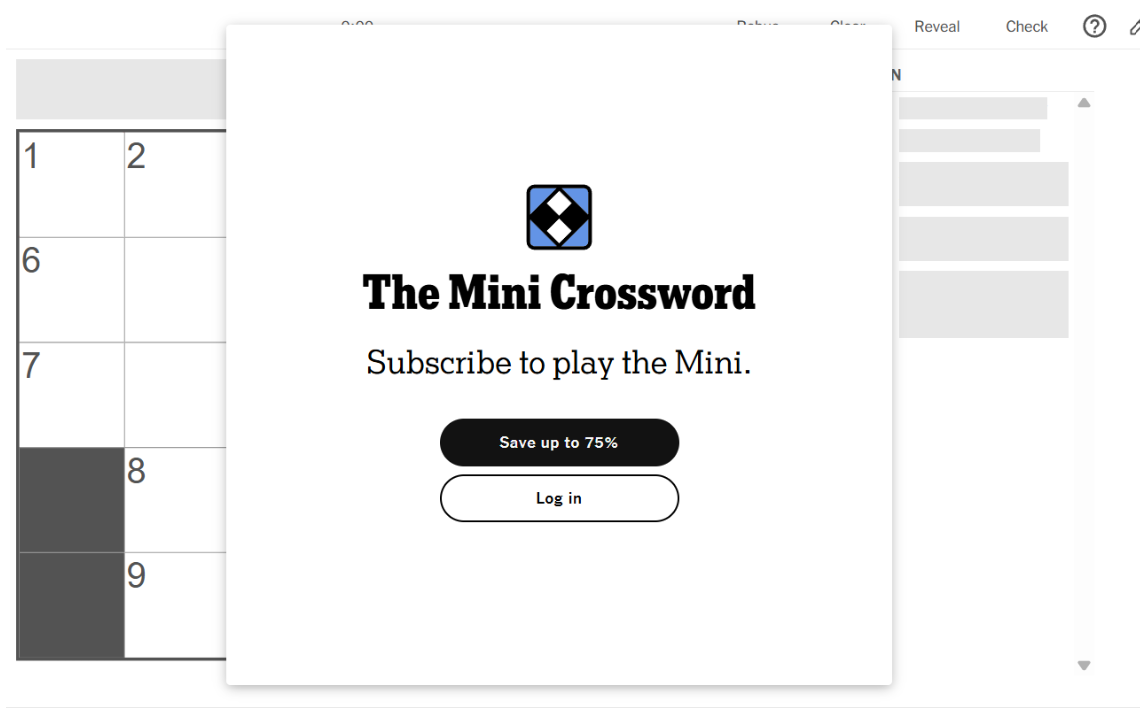








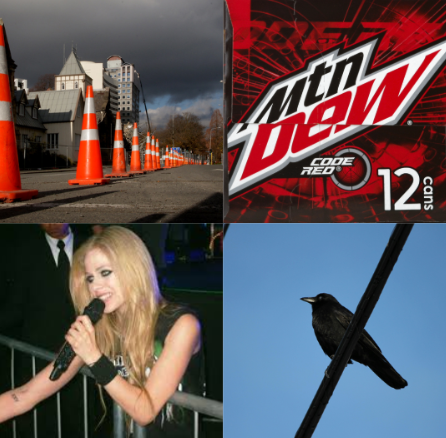
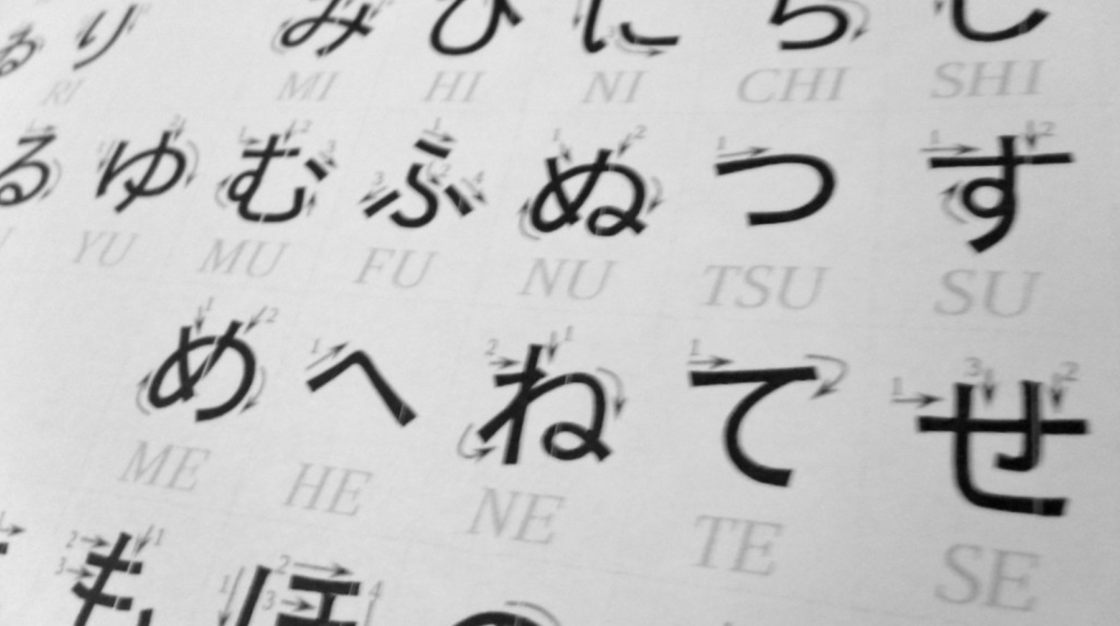






![Teacher [Milk] Tea: Part 2](https://bisvquill.com/wp-content/uploads/2024/03/Screen-Shot-2024-03-19-at-9.28.48-PM.png)












